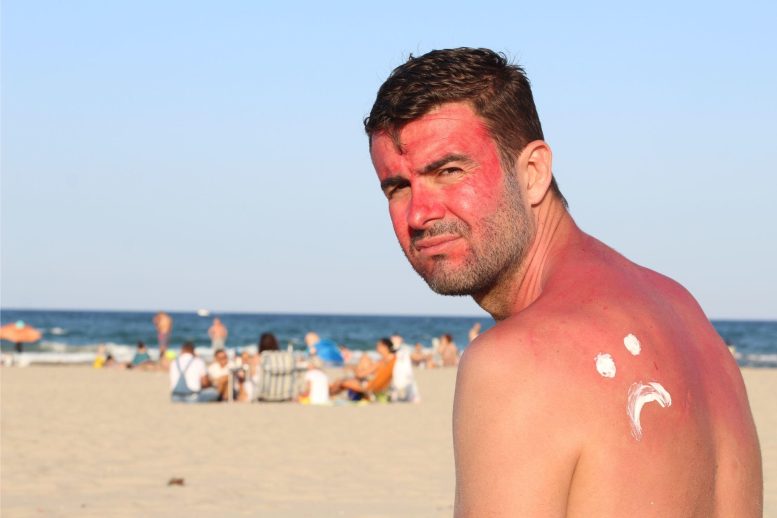
The skin, the body’s largest organ, contains diverse bacteria, fungi, and viruses that defend against pathogens. UK researchers found that sun-seeking behaviors affect skin microbiota composition, with tanning linked to decreased Proteobacteria, although microbiota recovery happens a few weeks post-sun exposure.
Researchers have demonstrated that excessive sun exposure can adversely impact the short-term diversity and composition of the skin’s bacterial makeup.
Skin, the largest organ of the human body, houses a diverse collection of bacteria, fungi, and viruses that together form the skin microbiota. Among other things, these microbial populations, which are organized in complex community structures, protect against pathogens.
Despite the fact that extended exposure to UVR can lead to DNA damage in skin cells, inflammation, and early signs of skin aging, many people still intentionally seek out the sun.
Due to a lack of studies focusing on how individual behavior influences UVR-associated microbiota shifts, and how this may relate to skin health, researchers in the UK have now examined the effects of sun-seeking behaviors on the skin microbiota composition of holidaymakers.
“Here we show in a cohort of holidaymakers that their sun exposure behavior significantly affects the diversity and composition of their skin microbiota,” said Dr Abigail Langton, principal investigator at the University of Manchester and corresponding author of the study published in Frontiers in Aging.
“We have demonstrated that the development of a tan is associated with lower Proteobacteria abundance immediately post-holiday. However, the microbiota of all holidaymakers was recovered a few weeks after they stopped spending extended time periods in the sun.”
Sun-seeking harms skin bacteria
Prior to vacations to sunny destinations, which lasted at least seven days, the researchers analyzed participants’ skin. The skin microbiota is largely made up of three bacterial communities on the surface: Actinobacteria, Proteobacteria, and Firmicutes. On days one, 28, and 84 post-holiday, participants’ skin microbiota was assessed again.
Additionally, each holidaymaker was assigned a group based on individual tanning responses. Eight out of 21 participants, who picked up a tan while on holiday, were deemed ‘seekers.’ The ‘tanned’ group was made up of seven individuals who already had a tan at departure and kept it throughout their holiday. These two groups were classified as ‘sun-seekers.’ The remaining six participants were deemed ‘avoiders;’ their skin tone was the same pre- and post-holiday.
“This study was performed in real-life holidaymakers and provides important insights into how sun exposure resulting in a tanning response – even over a relatively short sunny period – can lead to an acute reduction in Proteobacteria abundance, which decreased skin microbiota diversity,” Dr Thomas Willmott, the study’s first author and researcher at the University of Manchester, explained.
Despite the rapid reduction of Proteobacteria and the accompanying shift in skin microbiota diversity, the bacterial community structure had recovered 28 days after individuals had returned from vacation. “This indicates that UV exposure on holiday has an acute effect on the skin microbiota, but recovery is relatively rapid once the person returns to a less sunny climate,” Willmott continued.
Microbiota disturbance can cause health problems
“Proteobacteria dominate the skin microbiota. Accordingly, it is not surprising that there would be rapid recovery of the microbiota to re-establish optimal functioning conditions for the skin,” Langton pointed out. The authors state that what might be more concerning is the rapid alteration of microbiota diversity, which has been linked to disease states. A decrease in skin bacterial richness, for example, has been previously associated with dermatitis. Fluctuation in Proteobacteria diversity specifically has been associated with skin problems like eczema and psoriasis.
Future studies should examine why Proteobacteria seem to be particularly sensitive to UVR and how this change in diversity impacts skin health in the longer term, the researchers noted. “Ideally, such studies will aim to increase the number of participants to allow further insights,” Langton said.
Reference: “Behaviour and sun exposure in holidaymakers alters skin microbiota composition and diversity” by Thomas Willmott, Paul M. Campbell, Christopher E. M. Griffiths, Clare O’Connor, Michael Bell, Rachel E. B. Watson, Andrew J. McBain and Abigail K. Langton, 8 August 2023, Frontiers in Aging.
DOI: 10.3389/fragi.2023.1217635
The study was funded by No7 Beauty Company.


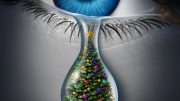
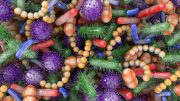
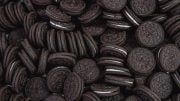

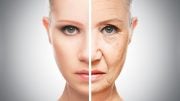


Be the first to comment on "Vacationers Beware – Short, Sun-Seeking Trips Can Disrupt the Skin’s Microbiome"